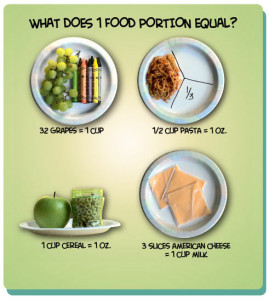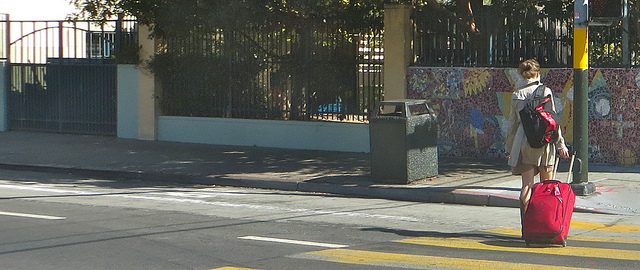- Never leave a child unattended in a pool or spa and always watch your child when he or she is in or near water
- Teach children basic water safety tips
- Keep children away from pool drains, pipes and other openings to avoid entrapments
- Have a telephone close by when you or your family is using a pool or spa
- If a child is missing, look for him or her in the pool or spa first
- Share safety instructions with family, friends and neighbors
- Learn how to swim and teach your child how to swim
- Learn to perform CPR on children and adults, and update those skills regularly
- Understand the basics of life-saving so that you can assist in a pool emergency.
If you own a pool or spa:
- Install a four-foot or taller fence around the pool and spa and use self-closing and self-latching gates; ask your neighbors to do the same at their pools.
- Install and use a lockable safety cover on your spa.
- If your house serves as a fourth side of a fence around a pool, install door alarms and always use them. For additional protection, install window guards on windows facing pools or spas.
- Install pool and gate alarms to alert you when children go near the water
- Ensure any pool and spa you use has compliant drain covers, and ask your pool service provider if you do not know
- Maintain pool and spa covers in good working order
- Consider using a surface wave or underwater alarm
From http://www.poolsafely.gov/parents-families/simple-steps-save-lives/ and iaff523.org




